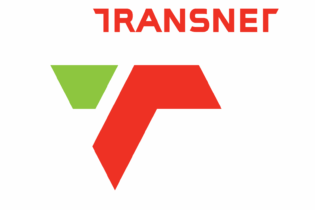Steve Cornelius, Indwe Risk services head: Specialist Risk – Automotive and Transportation, explains how the Road Transport Management System accreditation can assist operators.
Insurance is a financing method used by fleet owners to protect themselves against the financial impact of unforeseen events such as accidents and theft. By having his premium accepted, the fleet owner is under the impression he’s covered for all insured events. Sadly this is not always true. The contract of insurance contains certain warranties and conditions that need to be adhered too before the insurer will indemnify the client. This ‘small print’ is often ignored and can result in an unexpected repudiation of the claim. This can be catastrophic for small- and medium-sized fleet owners. I will attempt to highlight some of the more frequent causes of claims being rejected by insurers. Maintenance Every policy wording has a clear condition that all vehicles must be maintained to a roadworthy condition. This includes brakes and tyres. If one has to look at the findings of the Brake and Tyre Watch, who carry out random checks of trucks using our roads, more than 60% of all trucks fail this critical check. An unroadworthy vehicle will allow the insurer to repudiate any claim where they feel the unroadworthiness contributed to the accident.Tracking devices
Where the vehicle value is over a certain amount, most insurers require an approved tracking device. They also state that this device must be operational at the time of the accident. In the event of a theft or hijacking, the insurer will certainly check to see if the unit was functional. If for any reason the unit was not working at the time of the event, the insurer is likely to repudiate the claim. Overloading Because of the effect that overloading can have on a vehicle’s driving performance, most insurers have a zero tolerance for overloading. This is often beyond the control of the owner, but could still have a negative impact at the time of a claim. There are many other warranties and conditions, but the three outlined above are the most common causes of repudiation. Others include drunken drivers, unpaid premiums, incorrect or inadequate information provided to the insurer regarding the risk, or dishonesty regarding the claim. A very important tool to ensure that a fleet owner avoids the above pitfalls is the Road Transport Management System (RTMS). This is a self-regulating standard, similar to an ISO standard, that focuses on safety and compliance. This standard forces fleet owners to develop a set of sound operational practices that allow for the monitoring and managing of key safety and efficiency areas –a small price to pay to avoid a crippling insurance repudiation. RTMS-accredited fleets are also likely to get better insurance rates because of the strong risk management impact that RTMS accreditation provides.






